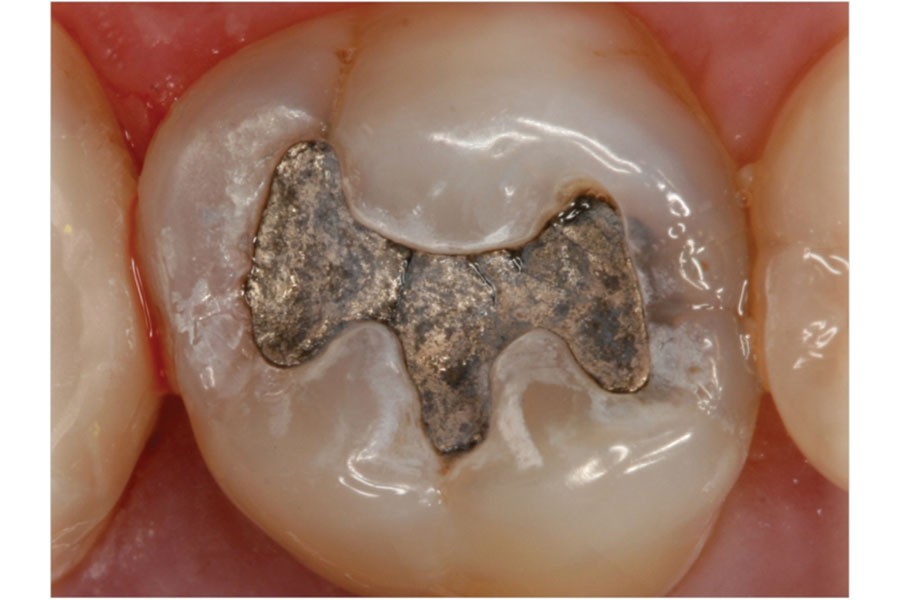The Minamata Convention urged parties to phase down the use of dental amalgam, a filling material that is 50 per cent mercury.
The movement for global phase out this toxic and polluting product will be at the second in-person part of COP4 in Bali on March 21-25, 2022, said a statement of World Alliance for Mercury-Free Dentistry on Friday.
The Minamata Convention on Mercury is the most recent global agreement on environment and health, adopted in 2013.
The World Alliance for Mercury-Free Dentistry also welcomed the growing momentum to phase out the use of dental amalgam following the first part of the fourth Conference of the Parties to the Minamata Convention on Mercury (COP4) held online Nov 1-5.
The WHO, for its part, presented its Report of the Informal Global WHO Consultation with Policymakers in Dental Public Health (2021) at the event.
WHO concluded that “The results of the consultation with policymakers in dental public health highlight that phase-down and even phase-out of the use of dental amalgam are achievable, especially as effective, cost-effective and simple-to-use mercury-free alternatives are increasingly available.”
In the survey by the WHO, 14 per cent of countries reported that they had completely phased out the use of dental amalgam, and in the Europe and Americas regions, as many as two-thirds of countries had either already phased out the use of dental amalgam or were expected to do so by 2025.
Preparing for a general amalgam phase-out, the WHO added glass ionomer cement, a mercury-free alternative to amalgam, to the Essential Medicines List in October.
"We urge all parties to consider this new information confirming that mercury-free alternatives to amalgam are effective, available and affordable," advised Dr. Graeme Munro-Hall, Chief Dental Officer of the World Alliance for Mercury-Free Dentistry, a coalition of more than 50 organizations from all regions working to end the use of amalgam.
Siddika Sultana, Director, Asian Center for Environmental Health said, "The use of mercury-free dental fillings is critical to the health of women and children who are particularly vulnerable to the neurotoxic effects of mercury from amalgam, whether it is implanted in their teeth or polluting their environment."


